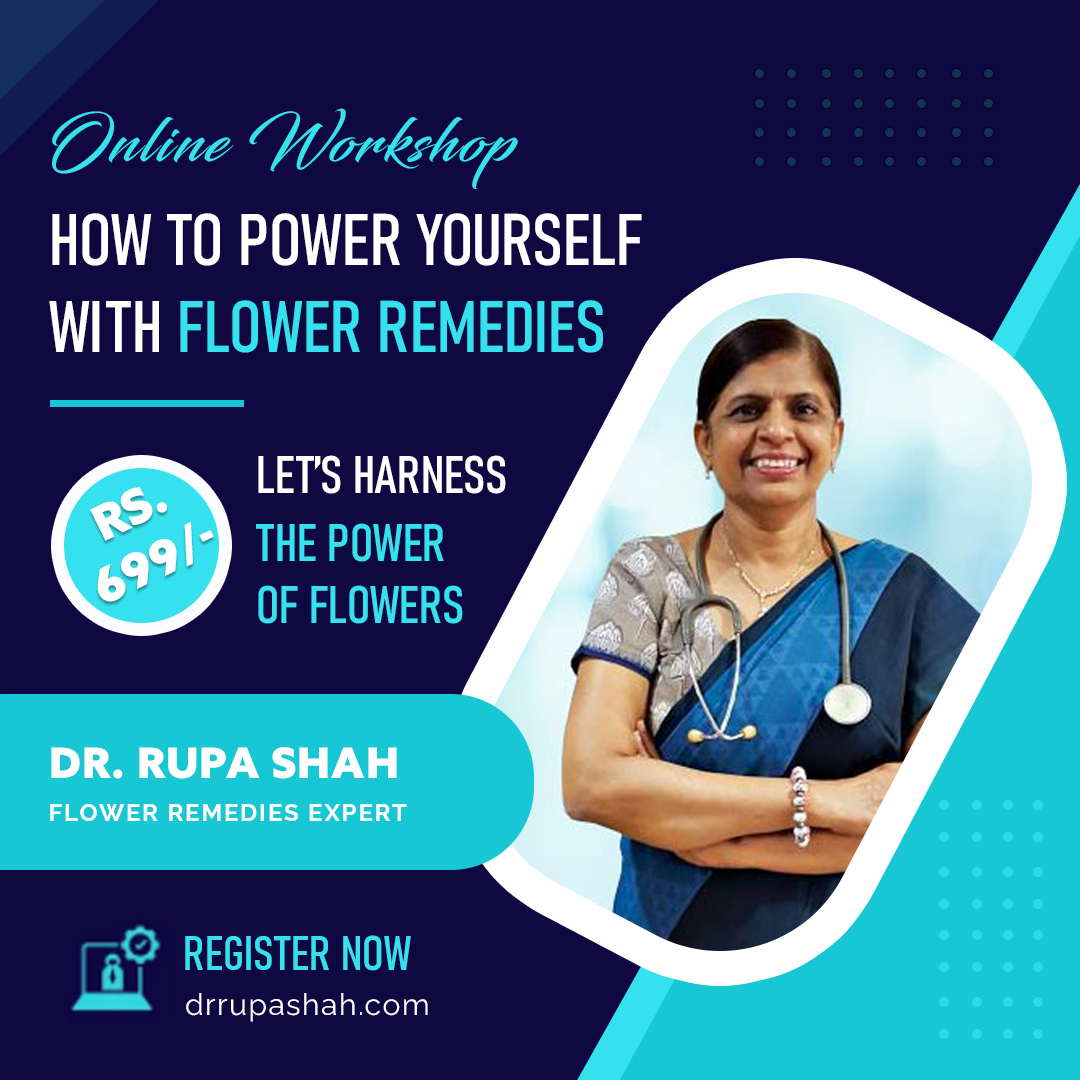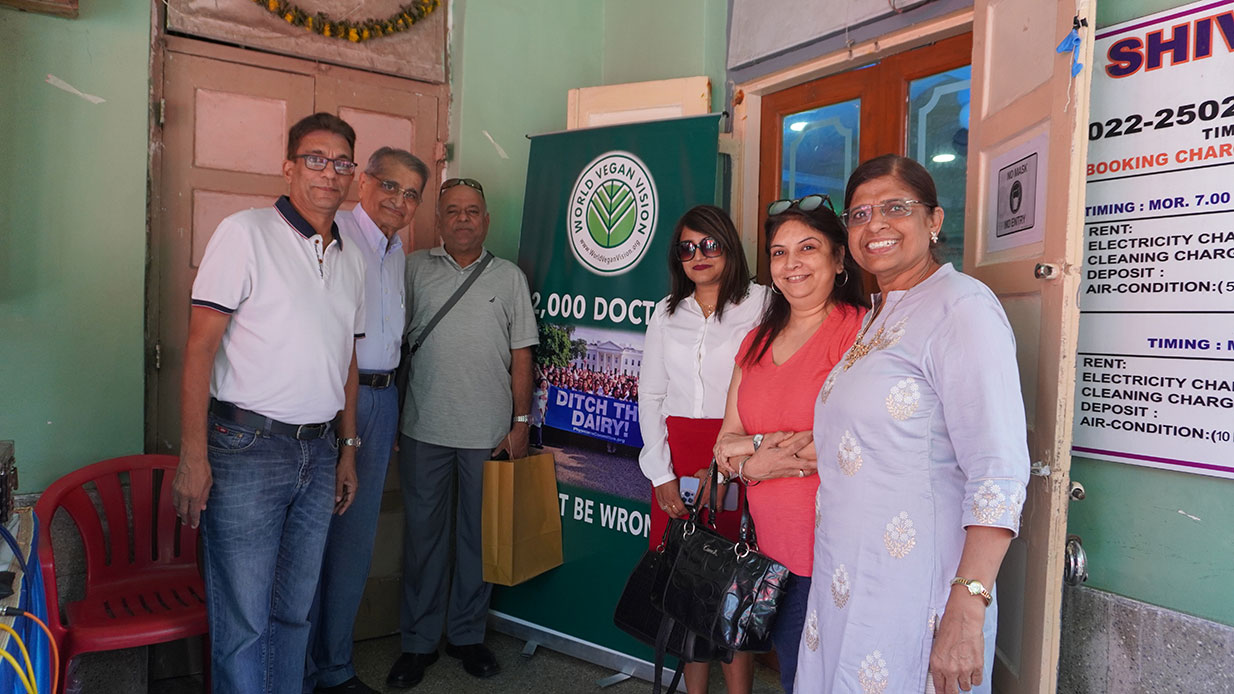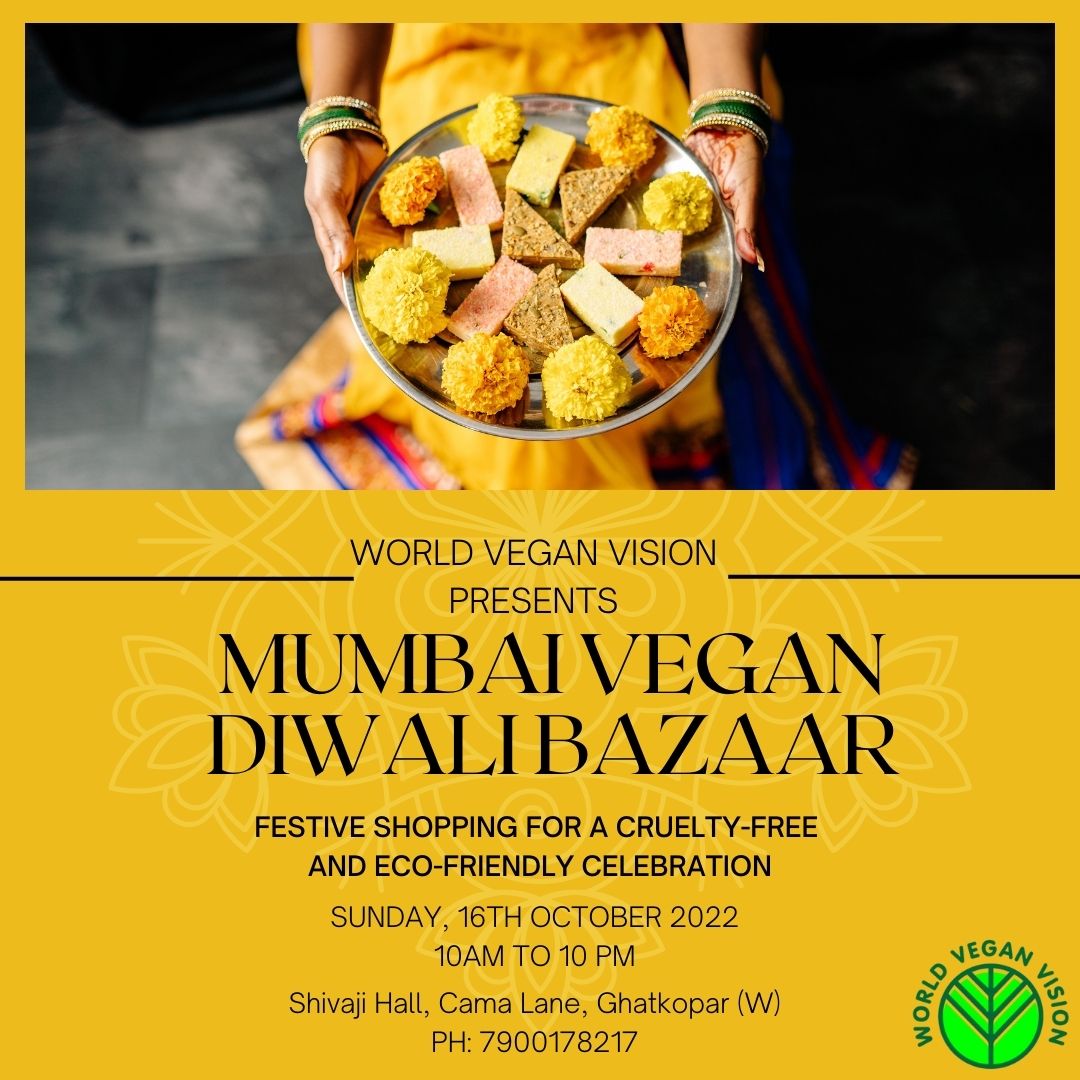Ahimsa means not to harm anyone to the extent possible. In Sanskrit the prefix ‘a’ means “not”, while himsa means “harming, injuring, killing, or doing violence.” Ahimsa, the first of the yamas and the highest ranking among them, is the practice of non-harming or non-violence. Ahimsa is the key to maintaining both harmonious relationships in the world and a tranquil inner life.
Practicing complete ahimsa is impossible. You have to do ‘himsa’ (also pronounced or written as hinsa) to survive, but your aim or intention is to do minimum himsa. The first steps to reducing himsa from your life is by eliminating animal products such as meat, dairy, silk, honey, wool, fur, leather, pearls and so on and adopting plant-based food and cruelty-free products as the animals are abused, tortured, forcefully/artificially impregnated and cruelly killed for procuring the products. Follow the principles of ahimsa with thoughts and with deeds. This also means not to cause, speak or even think of causing harm to any being.
The principles of ahimsa inspiring us to not support cruelty against animals or any sentient beings. Centuries ago, Indians abided by the principles of ahimsa and did not consume meat. But nowadays, in the land of ahimsa, people are torturing animals for meat and dairy. To rule or control someone, is an act of violence. The simplest and most powerful practice is to ‘Live and Let live: Ahimsa Parmo Dharma’.
The Principles Of Ethics Or Yamas
Ahimsa, the first of the five yamas and the highest ranking among them, is the practice of non-harming or non-violence. The Yama’s help us cultivate a relationship with our self, others and the world so that we may flourish. Inspired by the five precepts of Buddhism, the Yama’s instruct us in behaviour to refrain from in order to understand the yogic path. And by practicing the five yamas can help you transform negative energy and cultivate a deep, abiding sense of peace.
Here is a brief definition of the other yamas:
Asteya: The term ‘Steya’ means “stealing”. And ‘Asteya’ means ‘non-stealing’. One should not take anything which belongs to others. One should not take something from others without their consent. Otherwise, it’s called stealing. By conduct, any animal will not give us permission to take away her life/derived product. Cows/buffaloes do not willfully give milk to humans, we steal it.
Aparigraha: Non-attachment with worldly desires. Not to have anything in excess of what is required. Over-attachment with worldly desires will bring anger, sadness, lust, greed and other negative feelings because of which we all are attracted towards violence. We are so over-attached to the taste of animal products that we are not able to see violence involved in it and are just trying to justify our greed for animal products.
Satya: The word ‘Sat’, in Sanskrit, means “That which exists, that which is.” Satya, means “truthfulness”—seeing and reporting things as they are rather than the way we would like them to be. Always say and accept truth even if it is bitter. We are so obsessed with the greed of taste of animal products, that we are able to accept the truth that animal products involve violence.
The Universal Boomerang Effect
Law of Karma/Causation: As you sow, so shall you reap–Jaisi Karni, Waisi Bharni. According to Wikipedia, “The theory of karma as causality holds that (1) executed actions of an individual affects the individual and the life he or she lives, and (2) the intentions of an individual affects the individual and the life he or she lives.”
We are responsible for our own happiness and miseries. We will get the results (happiness/ miseries) according to our deeds. By using and consuming animal products, we are contributing to animal cruelty and so, as a result, similar cruelty will be done to us in one way or the other.
All the above tenets are part of the Indian culture. If you follow these, the conclusion is animal products (including dairy) involves violence (ahimsa), we are stealing it (asteya), we are attached to the taste buds (aparigraha), we are not accepting truth (satya) by not accepting the fact that it involves violence which can be avoided and if we contribute to this cruelty, we too will suffer like this (law of karma).
Eliminate animal products and what matters the most is saving the life of innocent animals directly or indirectly. Treat others in the way, you would like to be treated.
Author: Mohit Shah, Chartered Account & Vegan Activist
(Image: Broga Melbourne)
References:
- https://www.aviyoggroup.in/ahimsa-non-violence.html
- http://www.chooseveg.in
- https://yogainternational.com
- http://www.yogaspace.com.au/do-no-harm-ahimsa-and-yoga/











